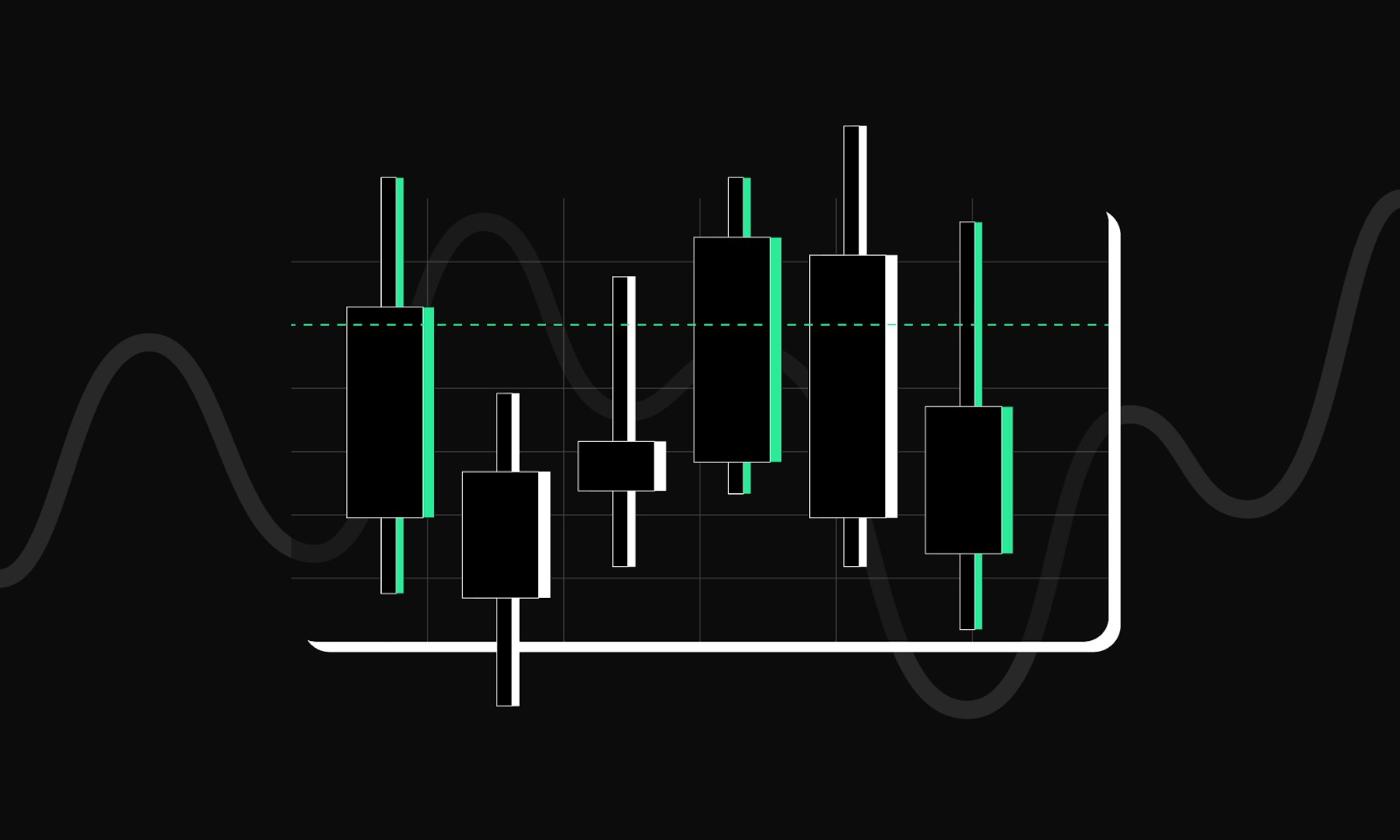Which is better: futures or options?
Whether futures or options are the better choice depends on your goals, risk tolerance, and knowledge of the markets. Both instruments are derivatives but differ in their mechanics and risk profiles.
Futures:
Obligation – Buyers and sellers are contractually bound to trade the underlying asset at the agreed price and date
Simplicity – Futures have a straightforward structure, focusing only on the agreed trade price and expiration date
Risk – Losses can be unlimited, as both parties must fulfil their obligations regardless of market movements
Options:
Flexibility – The buyer has the right, but not the obligation, to trade the underlying asset, while the seller must deliver if the buyer exercises their right
Controlled risk – Option buyers can only lose the premium they paid, limiting their risk
Complexity – Options offer various strategies (e.g. calls and puts) but require a deeper understanding
Whether futures or options are better depends on your preferred strategy and risk appetite. Futures are ideal for those looking to capitalise directly on price movements and who understand the associated risks. Options, on the other hand, provide more flexibility and limited downside risk but require a stronger grasp of market strategies. While futures trading is often used for straightforward speculation or hedging, options are better suited for traders employing targeted strategies.
What does it cost to trade futures?
Futures trading involves several costs that you should be aware of to plan your trades effectively. These include trading fees, margin requirements, and potential financing costs.
Typical costs in futures trading:
Commission fees
Most brokers charge a fee of around €0.25 to €2 per contract per side (buying or selling). For day traders with frequent transactions, these fees can add up quickly.
Margin requirements
The margin is usually a fraction of the nominal value of a futures contract. For example, a DAX futures contract with a nominal value of €25,000 may require a margin deposit of between €1,000 and €5,000, depending on the broker and leverage used.
Financing costs
For leveraged positions, financing costs may apply (e.g. 0.01–0.1% per day), especially if the position is held overnight. These costs vary depending on the trading platform and underlying asset.
Example cost breakdown:
If you trade a Bitcoin futures contract worth €30,000, your broker may require a €1,500 margin (assuming 5% of the contract value). Additionally, you would pay a €2 commission per contract and potentially incur financing costs if you hold the position overnight.
Conclusion: is futures trading worth it?
Trading futures can be a valuable addition to an investment strategy, allowing you to speculate on price movements in a wide range of assets – from commodities and stocks to cryptocurrencies – or to hedge against risks. The leverage and high liquidity make futures particularly attractive for experienced traders.
However, the risks should not be underestimated. The combination of leverage, margin, and potential margin calls can lead to significant losses if the market moves against your position. Additionally, futures trading can be complex and fast-paced, making it challenging for beginners.
Whether futures trading is worthwhile for you depends on your experience, risk management, and trading goals. By understanding how futures work, applying the right strategies, and carefully calculating costs, you can expand your trading opportunities effectively.
More topics on trading
Would you like to explore more topics related to futures trading and investing? The Bitpanda Academy offers insightful content on cryptocurrencies, spot trading, blockchain technology, and various trading strategies. From fundamental knowledge to practical tips, you’ll find everything you need to enhance your understanding and navigate the financial markets with confidence
